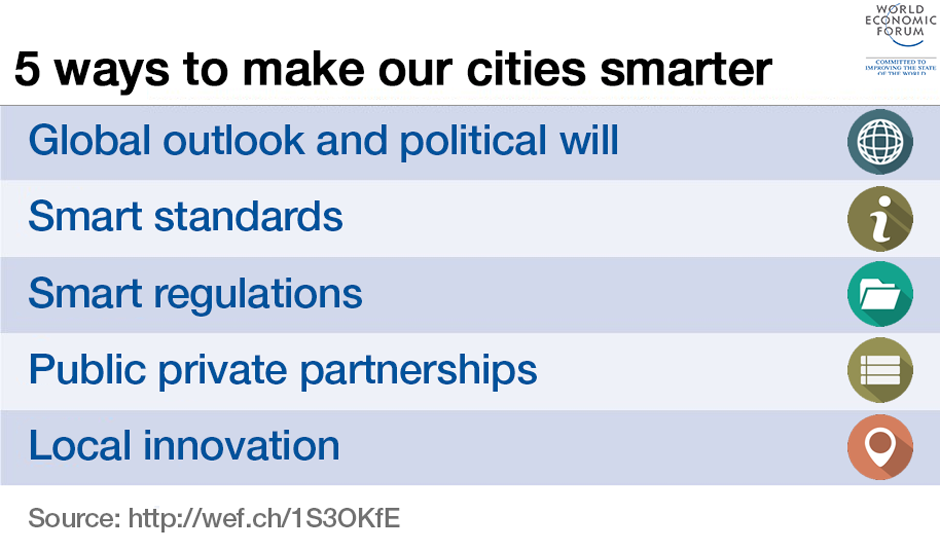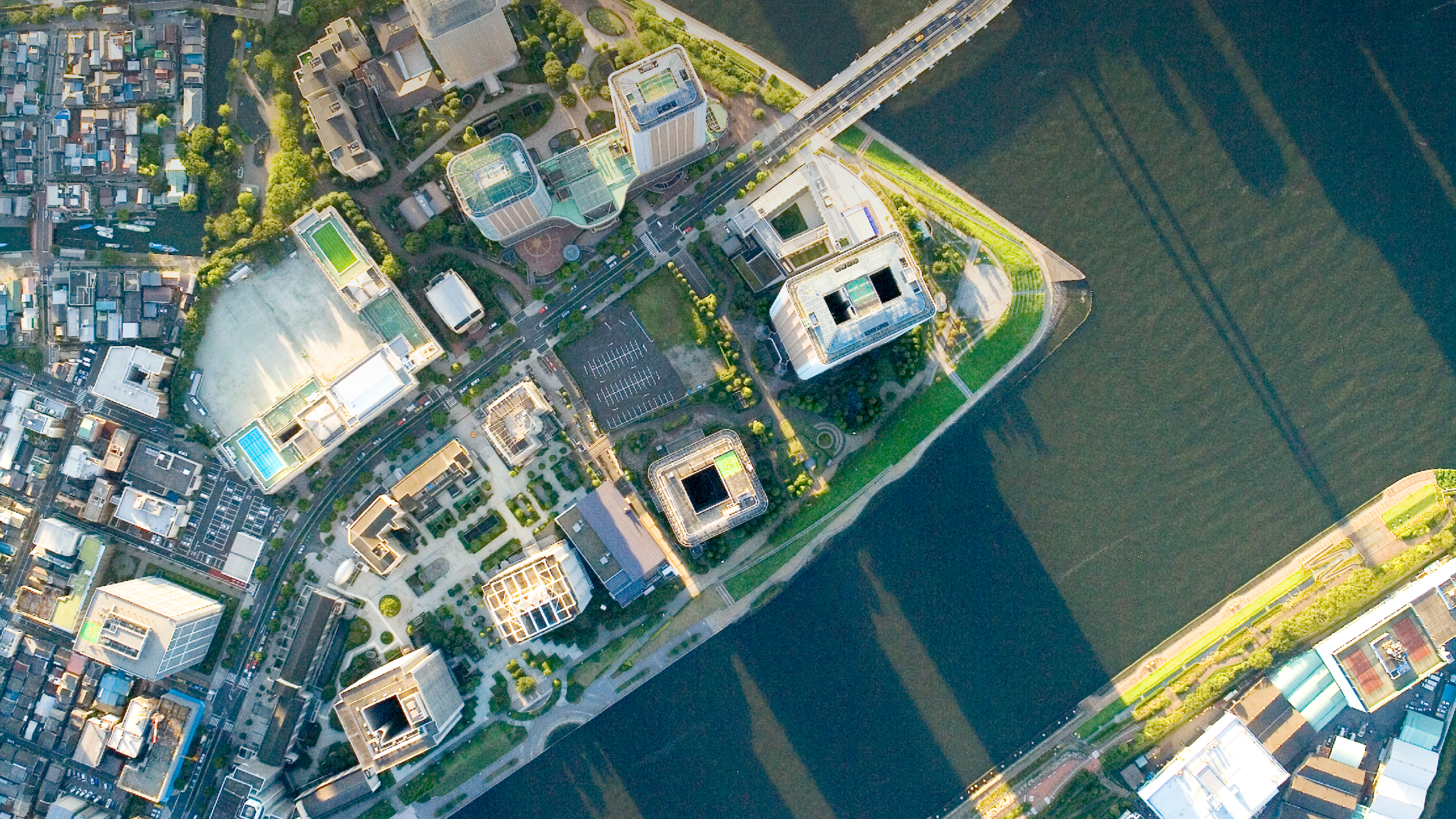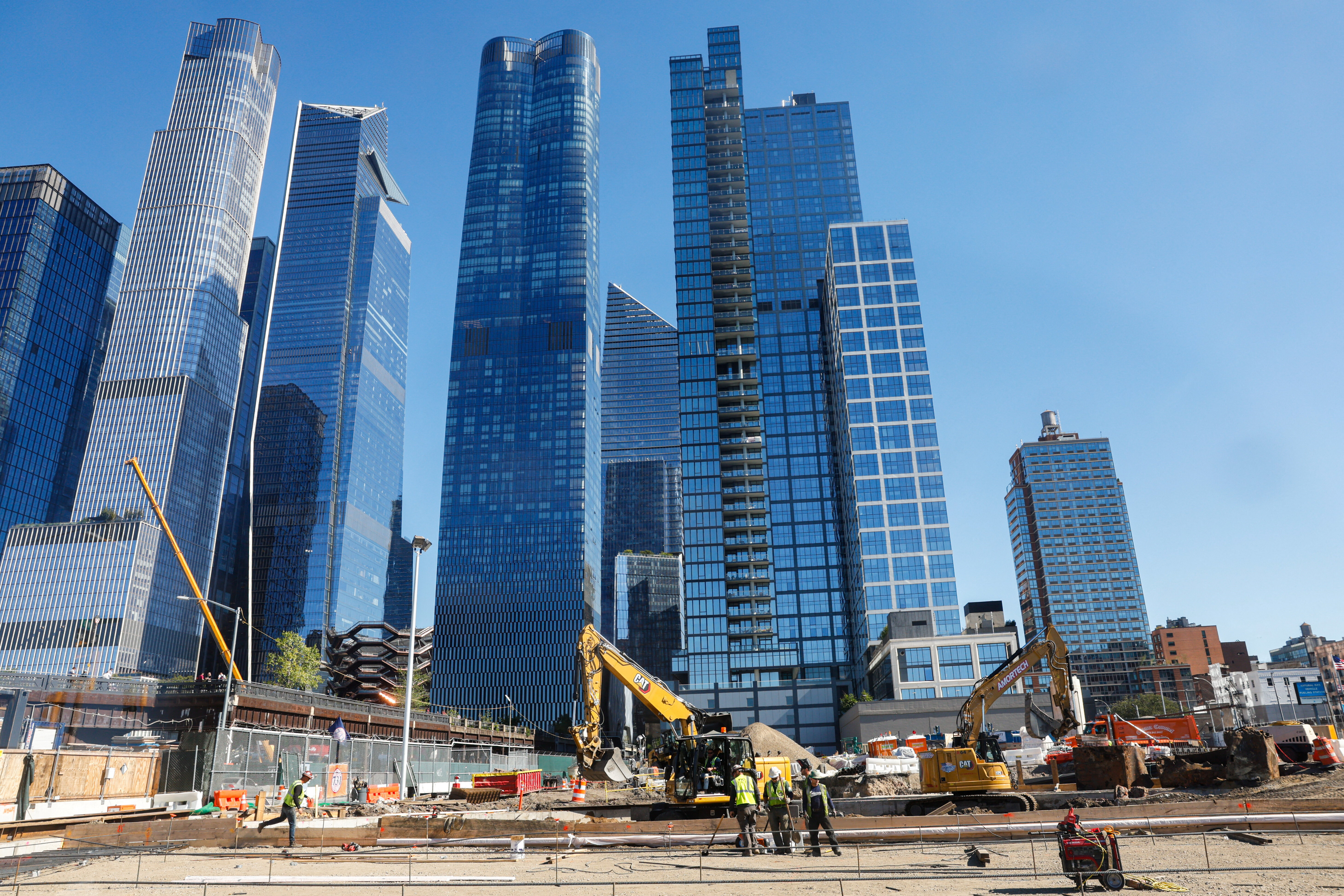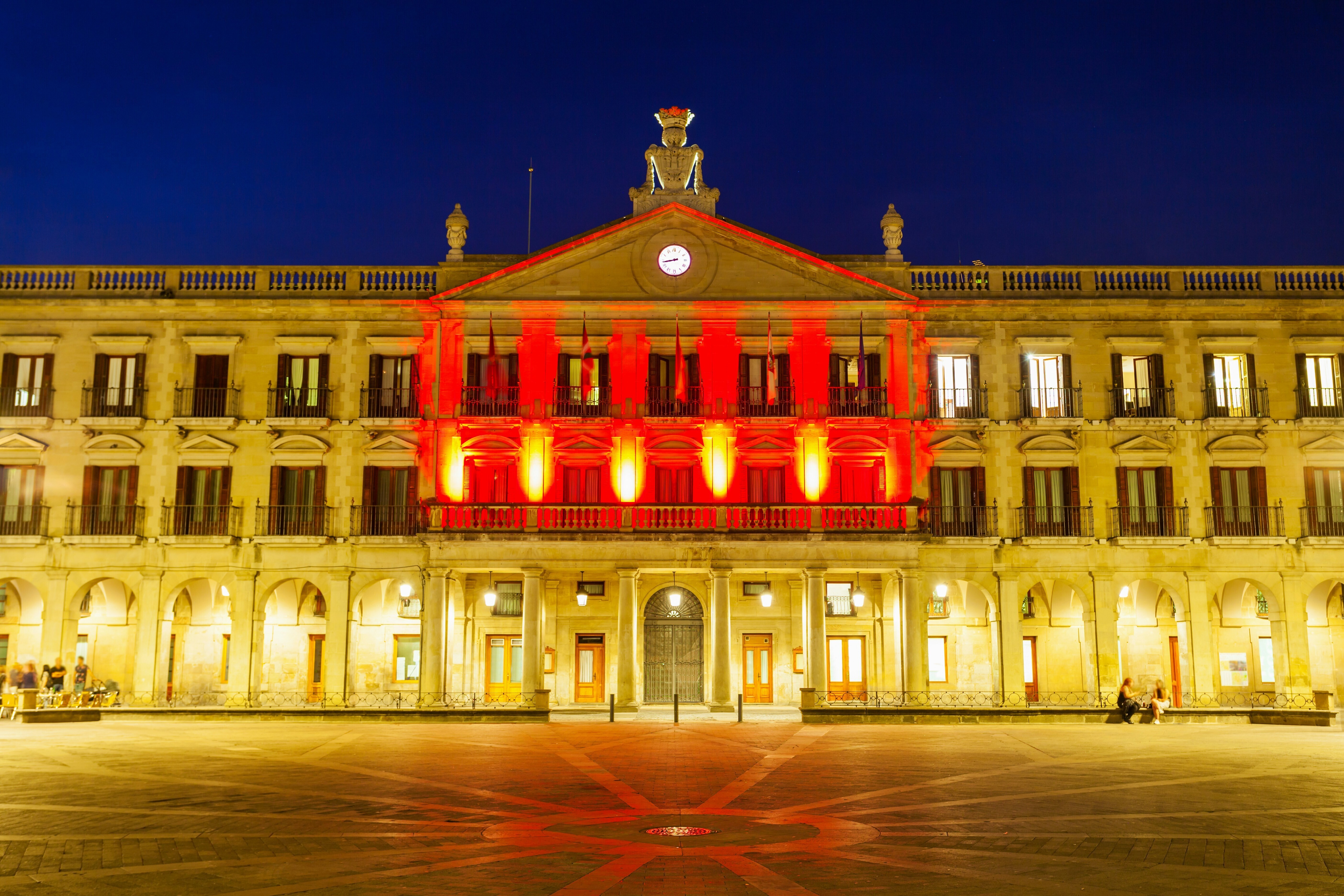5 ways to make our cities smarter

In its long journey, humankind has undergone several fundamental transitions: nomadic to agricultural, mechanical to industrial and, now, digital. For the first time in history, the majority of the world’s population lives in cities and the proportion of urban dwellers will rise inexorably. The city has become the defining unit of human habitation. How smartly we build, manage, and operate cities will be the single biggest determinant of humanity’s future.
City governance – regulations, policies, infrastructure (both physical and, now, digital), relies on a mish-mash of legacy elements cobbled together over decades and even centuries. In the US, maintaining this assemblage represents a $1.8 trillion industry (drawing on the 2011 estimate of US city revenues) that is ripe for change. The age of the “smart city” has come. A smart city is one in which city leaders rely on the use of new strategies that integrate digital technologies (banking on the rise of inexpensive storage, computing, bandwidth, video and sensors – known collectively as the “Internet of Things” or IoT) with business models, and big data (the collection and analysis of the vast amounts of data generated by the Internet of Things) to dramatically improve the efficiency of cities and how they deliver services to their citizens.
A smart city will rely on five key elements:
- Global outlook and political will
Smart city leaders, like their counterparts in private industry, must benchmark their cities against the very best – particularly in the application of digital technologies to city operations and urban services delivery. Barcelona and future-focused cities like it have already set global standards for smart technology use by leveraging an intelligent network and an evolving set of carefully conceived applications to address urban challenges.
Barcelona applied sensor technology control water allocation in its parks, leading to a potential yearly savings of nearly $60 million. There is no reason why water-starved California or cities in India cannot study and adopt Barcelona’s approaches. Similarly, the economic rationale and technological ability now exists for cities to outsource city management processes – even globally. Cities must show the political will to move work to places where it can be done more effectively. Certain cities will offer remote management services (such as infrastructure monitoring) and may eventually become centres of excellence for particular domains.
- Smart standards
Smart cities must establish radical new standards to ensure the effective use of technology for delivering services and managing complex civic problems. For example, in physical infrastructure management, a city could set standards for all new city assets (lights, parking meters, snow plows, and buildings) that they be equipped with sensors to monitor performance and signal when maintenance is required. Similarly, a city may choose to establish open data standards for various urban departments to enable an innovation economy focused on urban service apps, ensuring that entrepreneurs have access to data on public transportation, energy use, traffic, crime, and so on, from which to create valuable data-driven apps for citizen use.
- Smart regulations
City authorities must also use their political will to mandate – via regulation – the use of smart technology while safeguarding citizen security and privacy. Some regulatory actions may be fairly straightforward: where the technology is available and economical, cities or states may mandate that utilities and consumers install smart meters (as Ontario, Canada is doing).
However, cities will also need to build a more complex regulatory framework to address complex liability, security and privacy issues. For example, when a service provider monitors a smart home using video and sensor technology, how much of that data can it sell and monetize? Cities must also examine the unexpected connections between traditional regulation and its effect on technology. A recent New York Times article describes how Stockholm’s outdated rent-control regulations make it almost impossible for newcomers to rent apartments – posing a serious impediment to the city’s rising tech sector which relies on programmers from overseas.
- Public private partnerships
Cities will have to rely on public-private partnerships (PPPs) to build and operate both physical and digital infrastructure – especially given increasingly tight municipal, state, and federal budgets and huge global infrastructure requirements. A notable example of an effective PPP is the Ohio River Bridges project – connecting Indiana and Kentucky – which, according to Bloomberg News, will create 15,500 jobs annually until 2042.
For decades, both states have recognized the need for this vital connection, but lack of federal funds and traditional sources of funding were preventing the erection of the bridge. Finally, Indiana was able to tap a private consortium of investors to finance the project; and the state will pay off the investment consortium over several years. By contrast, Kentucky is financing its portion of the project by traditional means.
Similarly, PPP models are already being leveraged to build digital infrastructure and to ensure that ubiquitous broadband and wi-fi connectivity is available across city landscapes. Effective PPPs will take advantage of the private sector’s risk-taking capacity and access to funding, while ensuring that the economics of the deal still serve the public good.
- Local innovation
The final pillar supporting smart city success is the encouragement of a local innovation economy. In a technology-intensive future, jobs and GDP growth will be dependent on the steady incubation of new, innovative companies that scale and go global. Cities can encourage local innovation by investing in technology education, establishing start-up incubators in partnership with the private sector, and by helping startups access financing. Cities can also encourage partnerships between educational institutions and start-ups, which might entail, for instance, getting a university to provide a physical space or mentorship for a promising new firm. Cities should encourage startups that focus on solving urban challenges (traffic, crime, energy conservation) using leveraging technology – through tax incentives and other support mechanisms.
Cities will define our future and it is no longer good enough to let them evolve in a haphazard way. In the 19th Century, urban pioneers like Baron Hausmann modernized cities such as Paris by introducing new concepts of physical space – broad well-lit avenues and grand public spaces and parks. In this century, we must modernize the world’s cities by making them smart through the use of digital technology – and we must ensure that the foundational pillars are in place to support this digital transformation.
The Summit on the Global Agenda 2015 takes place in Abu Dhabi from 25-27 October. The report Top 10 Urban Innovations is available here.
Author: Anil Menon, President, Smart+Connected Communities, Cisco; a member of the World Economic Forum’s Global Agenda Council on the Future of Cities
Image: The skyline of Barcelona is seen at night during a light installation performance (called “Spectra Barcelona”) by Japanese artist Ryoji Ikeda during the Sonar festival in Barcelona June 18, 2010. REUTERS/Albert Gea
Don't miss any update on this topic
Create a free account and access your personalized content collection with our latest publications and analyses.
License and Republishing
World Economic Forum articles may be republished in accordance with the Creative Commons Attribution-NonCommercial-NoDerivatives 4.0 International Public License, and in accordance with our Terms of Use.
The views expressed in this article are those of the author alone and not the World Economic Forum.
Stay up to date:
Infrastructure
Related topics:
Forum Stories newsletter
Bringing you weekly curated insights and analysis on the global issues that matter.








